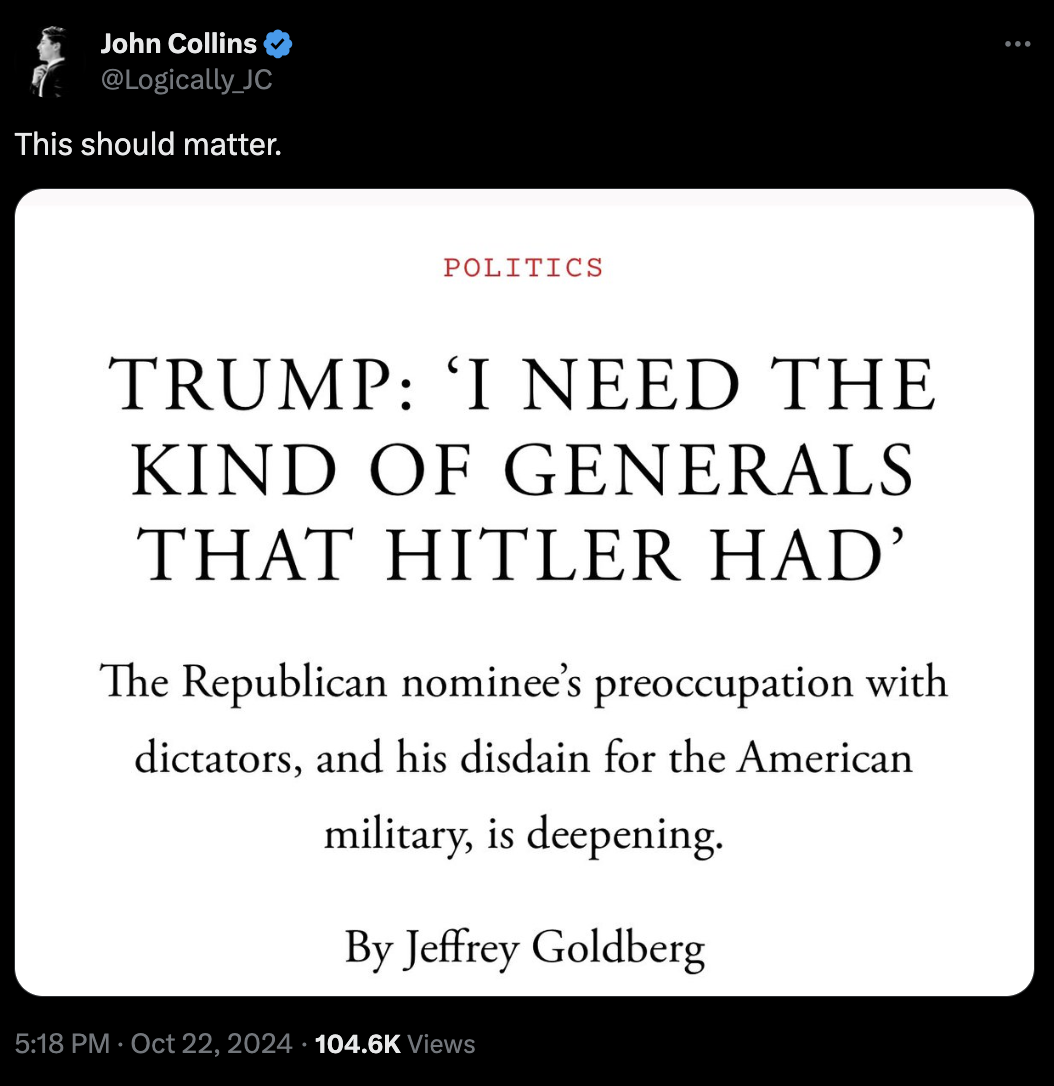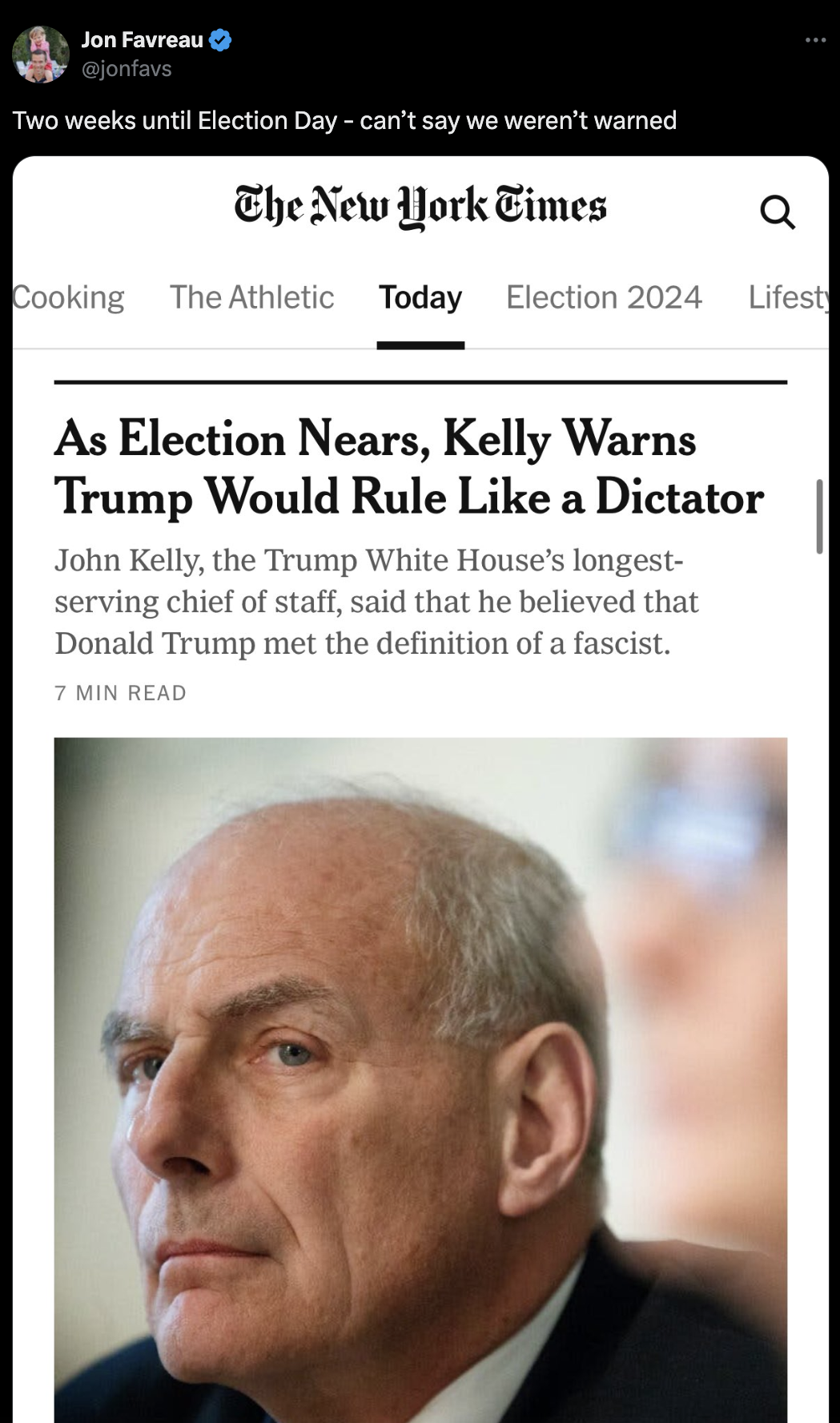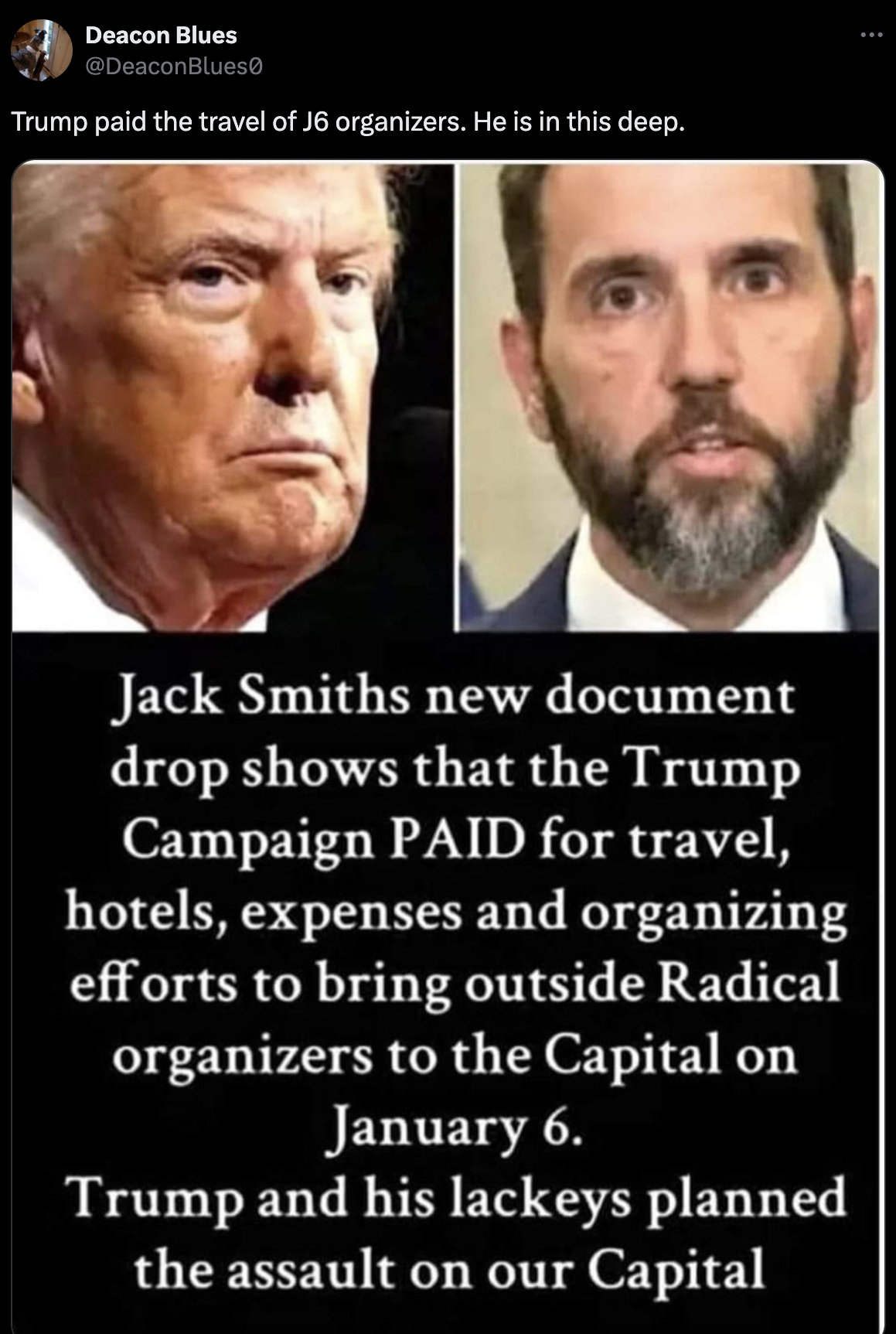Sign up for daily news updates from CleanTechnica on email. Or follow us on Google News!
There’s a lot of misinformation that gets spread around society every day — or, well, every millisecond — or, well, even every zeptosecond. We live in an era of information spread that is incomparable to anything in the 19th century or before, and much of that information is incorrect. Because information is so easy to spread, and because of how bubbly or echoey our online worlds are, massive misinformation narratives grow and grow and grow.
A lot of this misinformation wildfire annoys me, and it’s a huge reason CleanTechnica exists today. However, there’s one recent narrative that really irritates me, in part because of how ridiculous it is, in part because of how incessantly it is pushed by some people and how popular it has gotten, and in part because of the core basics that led to it that people don’t know or ignore.
The basic claim is that “freedom of speech” is under dire threat. This is absolutely ridiculous, and I’m tempering my language here. We have never had more opportunity to speak and have that speech spread than we do today — about anything. (Disclaimer: Not necessarily the case in China or Saudi Arabia, but I’m not there, so I can’t say for sure.)
I’m going to tackle this in following parts:
- Why concerns about freedom of speech are a mirage.
- Where concerns about freedom of speech originated and why.
- How people are being distracted by concerns about freedom of speech in place of serious concerns.
Why concerns about freedom of speech are a mirage.
Freedom of speech is a right provided in democratic nations by the government to citizens. Any corporation, any business, can set the rules of engagement on their own premises. In the case of Twitter, this is a social media company, and it has and had the right to moderate comments on its platform however it wants. Also, you have to have some level of moderation on any popular commenting system in order to make it useful and not turn it into a total spamfest. X still blocks comments, boots users, and limits speech. (An ironic and infamous matter in this regard, by the way, is that posts including the word “cisgender” are not limited on X, while it was a joke about transgender people that triggered Elon Musk to buy a stake in Twitter and eventually take it over. Is there more free speech on X? Or is it simply different which speech is shown more or less?*)
Even if Twitter/X moderated your speech in ways you don’t like, you could go to reddit, TikTok, Instagram, YouTube, 4chan, 8chan, or even the real physical world and say the same thing. Policies on one social media network are not broad policies from the government shutting down your freedom of speech. (One should not need to explain this.)
For anyone in the US, you are not living in a country where people will be sent for you by the government to shut you up or worse if you post something the government doesn’t want said. You are not. There are a bunch of countries like this, and the US is not one of them.

More important than freedom of speech is “freedom of reach,” and a lot of people do not understand the scale of this. If you go get on a social media app right now, there are millions of posts the network could put in front of your face. If you saw a stream of what everyone is posting, you wouldn’t be able to read it because it would be flying so fast. This is what the extension of freedom of speech would be if applied very directly, literally, and most fairly.
In actuality, you see a tiny, tiny, tiny percentage of the posts you could see. Because the system is set up to put more of some things in front of your face and less of other things. This is influenced by multiple factors, including topic. You are absolutely not going to see a balanced discussion of a topic on X. You are absolutely not going to see equal representations of different sides of an argument on X. This is not happening, and it’s not happening a lot more than it used to not happen. In other words, “freedom of speech” is meaningless and a mirage when the social network is not going to show you post XYZ in 9,999 out of 10,000 cases. The network is choosing what speech to amplify, and what to more or less hide. Again, go back to the flying stream of all the posts you could see at any given moment — you don’t see that, and the app decides what you do see instead.
I could go further and further with this explanation, but hopefully I’ve done enough.
If you want to be sure the people you’re engaged in a balanced discussion, go to a varied, diverse discussion group. Or go to Target in a super purple district and talk to everyone walking in the doors. Or go to a town hall meeting and take your 30 seconds or 2 minutes to say what you want to say. And then, in all of those cases, listen to what people say back to you. Or, heck, even go to reddit and find a subreddit that includes varied viewpoints and discussions on the topic you want to discuss, and get involved.
Where concerns about freedom of speech originated and why.
We’ve got to go back a little ways to explain this. Going back to the 2016 election season, the FBI identified that foreign actors were stirring up a lot of controversy, infighting, and activity on social media by seeding tons of disinformation/misinformation and inflammatory posts. It became a huge, major concern. In order to try to stay out of the presidential race, the director of the FBI and President Obama himself decided to not share this information with the public. Whoops.
Once it all started coming out after the election, people gave this purposeful spreading of misinformation the name “fake news.” For a couple of months, this is what fake news was. However, Donald Trump, the clever marketer (and con man) he is, started gaslighting the public by calling any news about him that was negative “fake news” — much of which was stuff that was later proven true or he and colleagues even admitted to. Nonetheless, he used the term obsessively and co-opted it. Still, the underlying problem of actual fake news persisted, and there was no longer such a catchy term to talk about it.
Roll around to the COVID-19 pandemic. In a time of total unrest, confusion, concern, and chaos, the soil was super fertile for fake news. And fake news sprouted and spread like crazy. There were some efforts to stop this that leaned into stronger moderation, but some people didn’t like this and had run down extreme conspiratorial rabbit holes. So, out of this spawned a kind of wildfire of concern and hype around “freedom of speech.” You’ve not been allowed to scream fire in a crowded theater for a long time, and the same principle was being applied to common misinformation concerning the pandemic, but people lost their minds in the concern they were being silenced for deep, wrong, harmful, conspiratorial reasons.
As the 2020 US election rolled around, there was again plenty of foreign interference in campaign season. The FBI — still led by a Republican who was appointed under Donald Trump — tried to handle it better by requesting behind the scenes that some of this foreign interference not be given feet. OMG!! Freedom of speech is being trampled! An agency in charge of trying to protect the American public is trying to protect the American public! Call out all armchair Constitutionalists!
Alas, not only did efforts to stop the spread of fake news and election interference from foreign governments backfire, but a growing movement based on misinformation and misunderstanding was given steroids in the name of “freedom of speech.”
MAJOR BREAKING NEWS: CBS News Analysis Reveals That the Clear Majority of Tweets By Elon Musk About the 2024 U.S. Presidential Election Are Either Misinformation or Disinformation
Yes, the *clear majority*. https://t.co/56ATBk8brL
— Seth Abramson (@SethAbramson) October 23, 2024
There’s also another element to this. There’s cancel culture, where social pressure is used to block some discussion, fire some people, and shun certain comments. This is a cultural matter and a matter for any companies or organizations that engage in it. But this is not a government stomping on free speech, and it’s not a political issue except as a red herring. It may be a major matter in our society, but it is not a major matter that is going to be dealt with in any policy way whether Donald Trump is president again or Kamala Harris becomes president. There is nothing for them to address on a presidential level when it comes to cancel culture. But, hey, it’s a fun and easy distraction from actual policy matters for many people.
How people are being distracted by concerns about freedom of speech in place of serious concerns.
Well, I guess I jumped into this section already in the paragraphs above. But the key point is that many on the right side of the political spectrum — and even some in the center — are being fooled into believing there’s 1) a freedom of speech crisis and 2) one presidential candidate is going to do something different from the other one on governmental freedom of speech policies. The culture war is going to rage on. Controversy around hate speech is going to rage on. It’s actually got the potential to be one of those never-ending matters that right-wing influencers can use in election after election. It’s like Don Quixote chasing windmills.
And, again, it distracts from discussion around actual policy differences that are actually going to make a difference in your life and your kids’ lives. It distracts from climate crisis and how different governments and presidents are going to address it (or not). It distracts from economic challenges and job creation, and how one administration is going to create things like the Inflation Reduction Act of 2022, CHIPS and Science Act of 2022, and Bipartisan Infrastructure Law and the other administration is going to say every week that “Infrastructure Week” is coming in two weeks. It’s the difference between cutting taxes on billionaires versus stimulus programs for the middle class and working class. There are big policy differences to discuss, and freedom of speech is honestly not one of them — but it’s a great distraction, and one party consistently benefits from distractions more than the other.
Also, there are real concerns about fascism, and dozens of Trump’s former Cabinet members, Chiefs of Staff, White House officials, and family members are warning us that Trump is truly a threat in this regard.
Chip in a few dollars a month to help support independent cleantech coverage that helps to accelerate the cleantech revolution!
Have a tip for CleanTechnica? Want to advertise? Want to suggest a guest for our CleanTech Talk podcast? Contact us here.
Sign up for our daily newsletter for 15 new cleantech stories a day. Or sign up for our weekly one if daily is too frequent.
CleanTechnica uses affiliate links. See our policy here.
CleanTechnica’s Comment Policy





